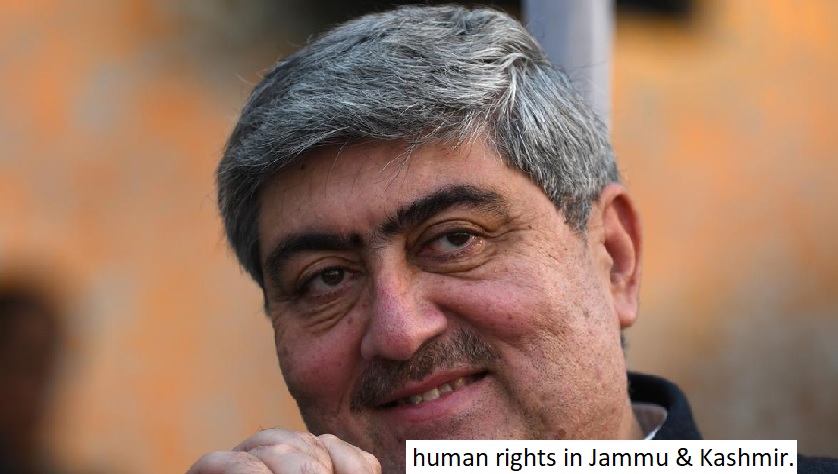


Justice Sanjay Kishan Kaul, a distinguished judge of the Supreme Court, played a pivotal role in a landmark judgment that endorsed the repeal of the special status accorded to Jammu and Kashmir under Article 370 of the Indian Constitution. In his comprehensive judgment, Justice Kaul not only addressed the legal implications of the repeal but also made a significant recommendation for the establishment of a "Truth and Reconciliation Commission" to investigate and report on human rights violations in the region.
The judgment, a momentous decision that garnered attention nationally and internationally, marked a turning point in the constitutional and political landscape of Jammu and Kashmir. It not only ratified the constitutional changes brought about by the abrogation of Article 370 but also delved into the sensitive issue of human rights violations that have occurred in the region over the past few decades.
Justice Kaul's recommendation for a Truth and Reconciliation Commission reflects a commitment to addressing the historical grievances and human rights abuses that have plagued Jammu and Kashmir since the 1980s. This proposed commission, if implemented, would serve as a mechanism to uncover the truth behind the alleged violations carried out by both State and non-State actors in the Kashmir valley.
The need for such a commission arises from the complex and tumultuous history of Jammu and Kashmir, where political, social, and cultural factors have intersected, leading to a protracted conflict. The region has witnessed a range of human rights violations, including but not limited to extrajudicial killings, disappearances, torture, and arbitrary detentions. These alleged violations have been a source of contention, fueling tensions and exacerbating the already volatile situation in the region.
By recommending a Truth and Reconciliation Commission, Justice Kaul acknowledges the imperative of addressing these human rights violations in a comprehensive and transparent manner. The proposed commission would be tasked with thoroughly investigating the incidents that occurred since the 1980s, ensuring accountability for those responsible and providing a platform for victims to share their experiences.
Truth and reconciliation processes have been employed in various parts of the world as a means to heal wounds, foster national reconciliation, and promote social cohesion after periods of conflict and human rights abuses. The proposed commission for Jammu and Kashmir follows in the footsteps of similar initiatives globally, aiming to bring forth the truth, facilitate accountability, and pave the way for reconciliation among different communities in the region.
However, the establishment of such a commission would not be without challenges. The sensitivity of the issue, political considerations, and the potential resistance from various quarters could pose obstacles to the effective functioning of the Truth and Reconciliation Commission. Striking a balance between accountability and reconciliation will be crucial to ensure that the commission achieves its objectives without further polarizing the region.
In conclusion, Justice Sanjay Kishan Kaul's recommendation for a Truth and Reconciliation Commission adds a layer of complexity to the already intricate legal and political landscape surrounding the abrogation of Article 370 in Jammu and Kashmir. If implemented, the commission has the potential to unearth the truth, hold perpetrators accountable, and contribute to the long-term reconciliation and stability of the region. However, the success of such an initiative will depend on navigating the intricate challenges and ensuring a fair and transparent process that respects the rights of all stakeholders involved.
TAGS: Kashmir valley Conflict resolution Extrajudicial killings Disappearances Torture Arbitrary detentions Accountability Victims